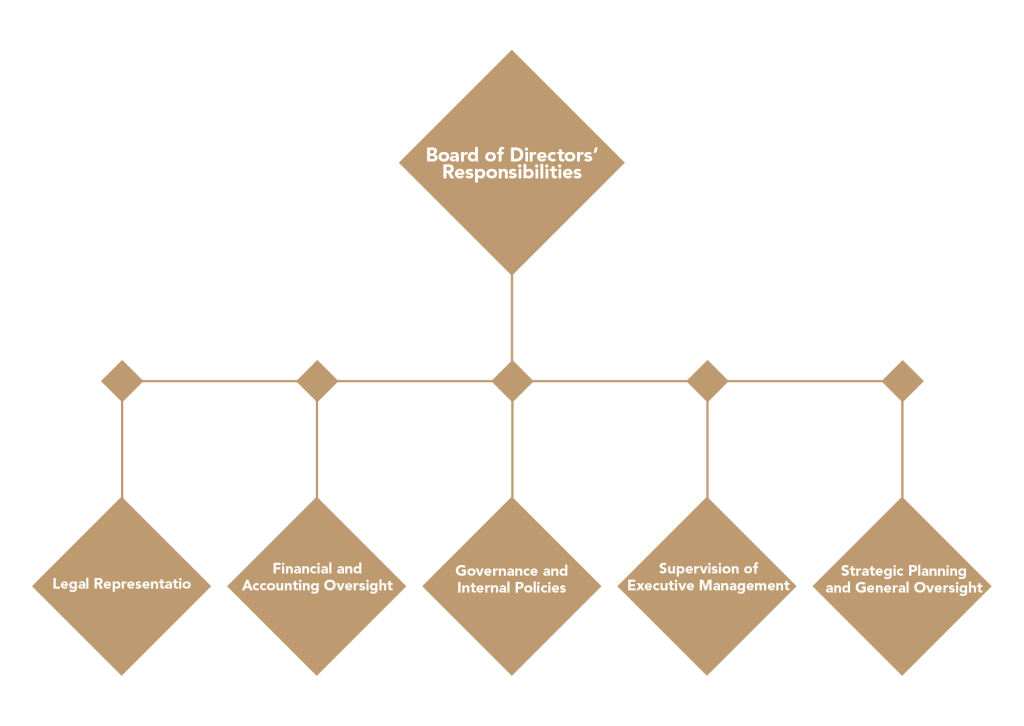Governance Framework
The company is committed to implementing integrated internal policies that align with best practices and approved standards in corporate governance, ensuring an effective regulatory and oversight framework that promotes transparency and integrity at all administrative and operational levels.
These policies focus on establishing the principles of accountability and responsibility in decision-making, ensuring clarity of roles and the distribution of powers, and promoting the principle of accurate, clear, and timely disclosure of material information. These policies also aim to balance the interests of various stakeholders, including shareholders, the Board of Directors, executive management, employees, customers, and regulatory bodies, by building a work environment based on trust and compliance with relevant laws and regulations.
Through this approach, the company seeks to support business sustainability, achieve long-term growth, generate added value that contributes to achieving strategic objectives, and enhances corporate reputation over the long term.





